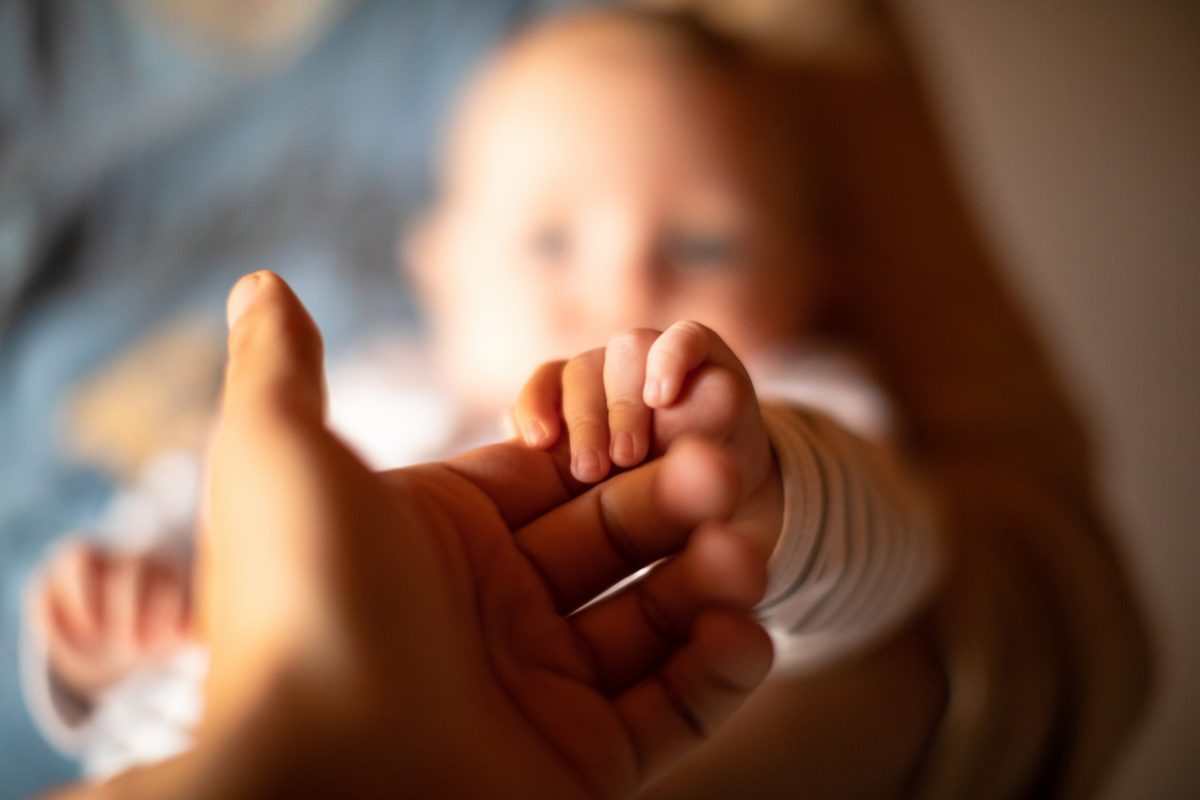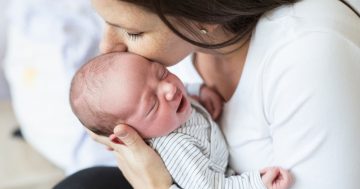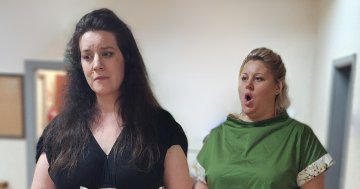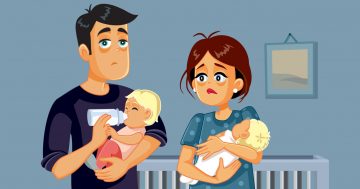
Australian women are delaying childbirth, running the gauntlet of declining fertility. Photo: File.
On Christmas Day, there will inevitably be reports from some news outlets of families celebrating the birth of a child, echoing that of the holy family in Bethlehem more than 2000 years ago.
It’s a tradition that is perhaps past its use-by date, but its charm is the fact that a new baby is one of the greatest expressions of hope and optimism in the world.
Yet this affirmation of the future is one that young Australians seem increasingly reluctant to embrace.
According to the Australian Institute of Health and Welfare, the average maternal age has risen for both first-time mothers (from 28.4 years in 2011 to 29.7 in 2021) and those who have previously given birth (from 31.3 years in 2011 to 32.2 in 2021). The highest proportion of mothers were aged between 30 and 34 (more than one-third (38%) of all mothers).
Fathers are also getting older, with the median age at 33.7.
And, of course, so are grandparents.
Women are also having fewer babies. In 2001, Australia’s total fertility rate was 1.73 babies per woman, and in 2023 sits at 1.63. Australia has been below the replacement rate since 1976.
There are many and varied reasons for this: readily available birth control, longer periods of education, and economic reasons such as HECS debts and the cost of living, the most significant of which is the exploding price of housing over the past couple of decades.
It is perfectly understandable that if you don’t finish university or even a trade until your mid 20s, then having a debt to pay off and a home to save for, starting a family and its economic disruption is pushed further into the future.
Factor in more self-centred reasons into the equation, such as travel, not being able, capable or willing to find a life partner and a general antipathy to being tied down, and you have a sociological cocktail for delayed family formation.
For some, the world is in too precarious a state to bring children into the world – overpopulation, global heating, war, take your pick. It’s a decision of conscience but ultimately nihilistic.
It is also no coincidence that there is now such an extended adolescence and an absent middle age.
Now, having children is not compulsory, although it is aggravating to hear people talk about them as being a lifestyle choice like choosing a pet, but not only is it a defining life experience, there is not much of a future without them.
The family, yes, a bourgeois institution I know, remains the basic unit of society in some form or another.
The economic forces restraining couples from starting families during their most fertile years have been of our own making, particularly the housing issue, which has entrenched the need for more than one income if you want to step onto the property ladder, and increasingly even if you rent.
That, in turn, has made child care from an early age, which is now a corporate industry propped up by public subsidy rather than the more affordable community-based system it replaced, essential if you want to maintain a mortgage and standard of living.
It is ironic that after waiting so long to have children, economic necessity can have them in somebody else’s care so swiftly.
But the thing that so many do not want to acknowledge is the ticking clock.
Age is the single biggest factor affecting a woman’s chance to conceive and have a healthy baby, with the risks of pregnancy complications increasing over the years.
By around age 30, a woman’s fertility starts to slowly decline; by her mid-30s, the decline speeds up. By age 40, the chance of getting pregnant in any monthly cycle is around five per cent.
For men over 45, the time it takes for a partner to conceive will be longer and the risk of miscarriage, and developmental disorders increases.
And of course young parents are generally healthier, more energetic and more adaptive to coping with the demands of children.
Ignorance is no defence or balm when, after finally deciding the time is right, one discovers that time has passed you by.
Of course there is the hope held out by IVF, but success there also diminishes with age.
If the median age of parenthood is to start falling back, then some of the economic factors driving late maternity need to be addressed – housing, parental leave, child care and low wages. In short a more equitable society.
But even in the Nordic countries with favourable policies, the median age continues to rise and fertility continues to decline.
The need to be established financially and socially appears to remain important, despite the risks of waiting.
But perhaps also in a globalised world with all the knowledge and temptations of the internet at one’s fingertips, with so many choices, so much to explore and to achieve, people can delude themselves that youth is eternal and lose sight of what is real and of real value until it is too late.
For all the social, economic and health reasons for having children earlier rather than later, maybe the answer lies in the hope embodied in that Christmas baby and the selfless acts of his mother and father, who had little to their name.





















